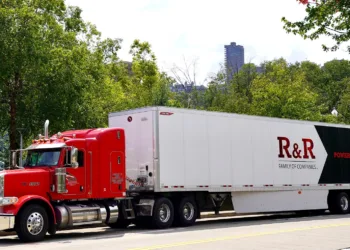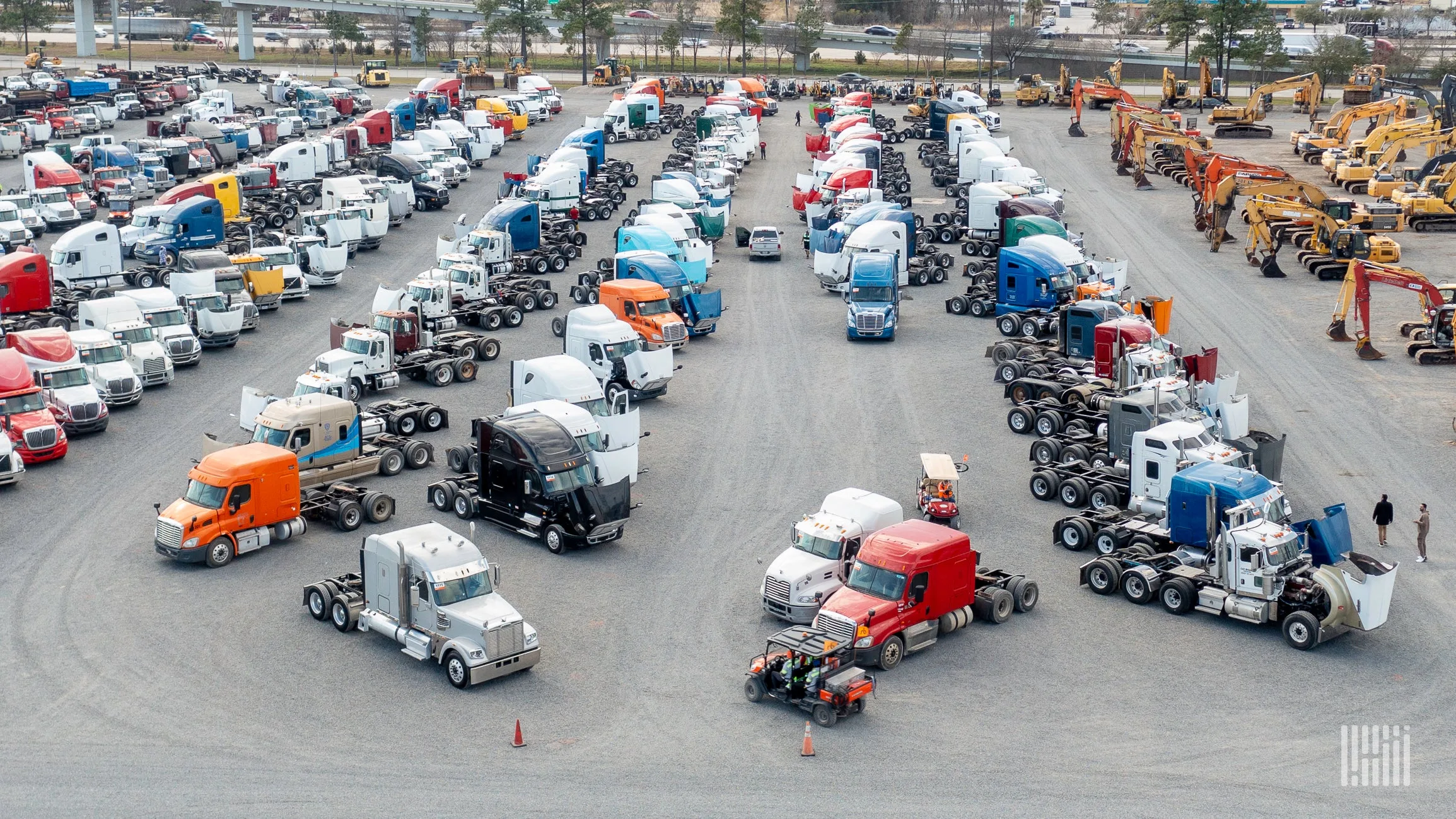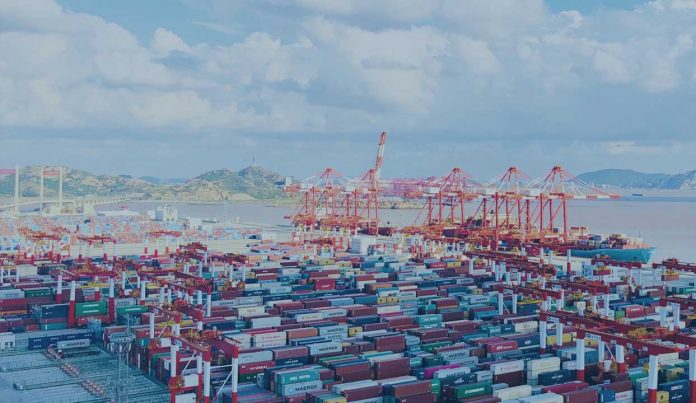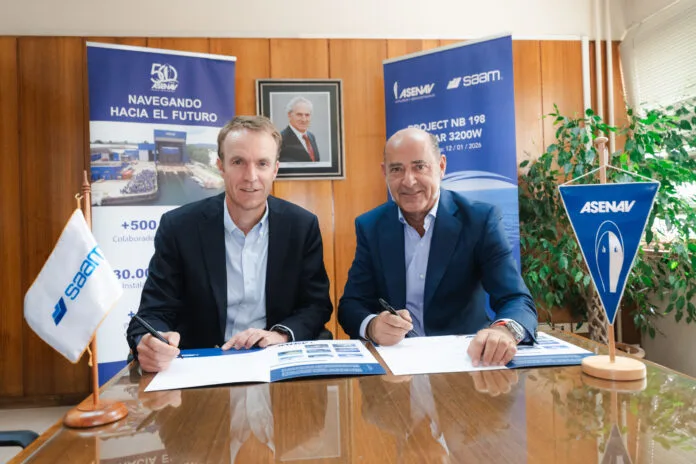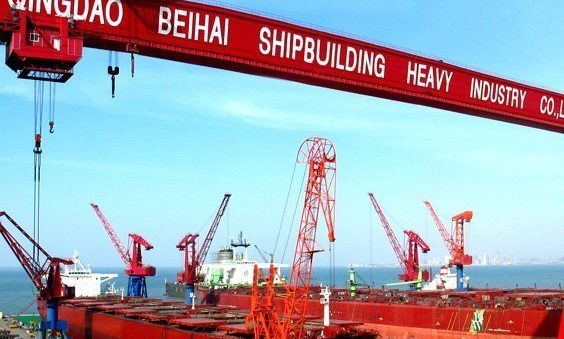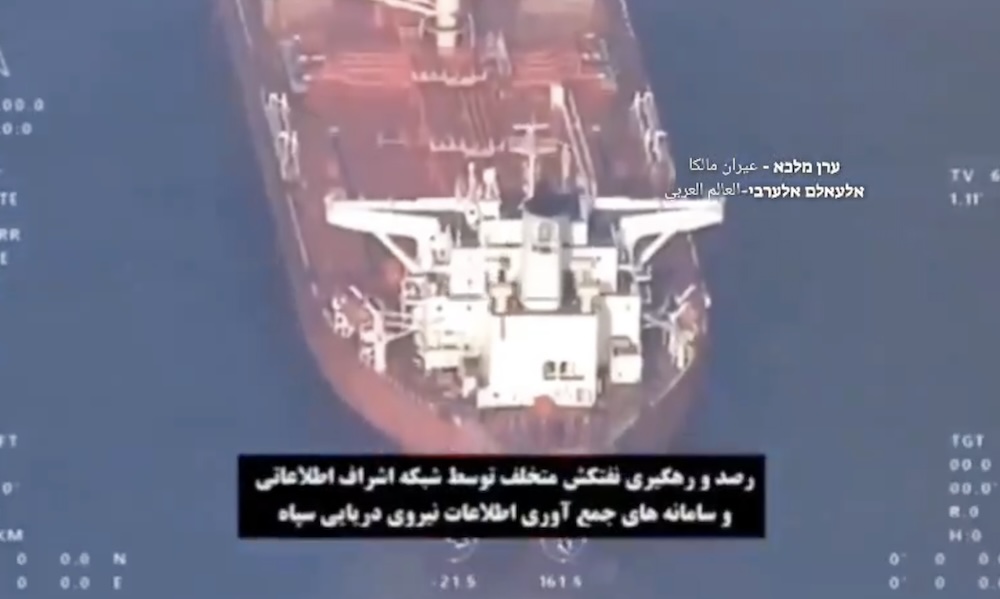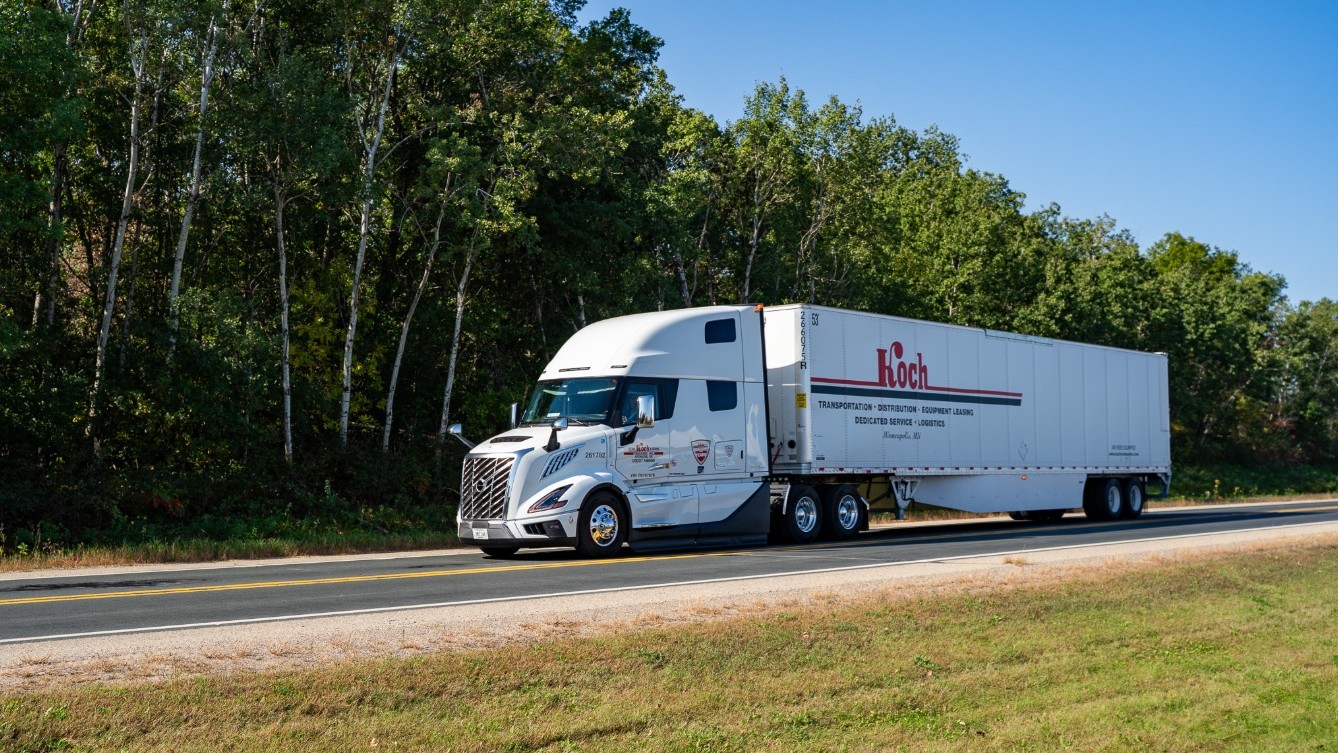Dr Lynn Simpson returns to Splash today, discussing the ongoing livestock calamity taking place off Turkey.
Today is day 54 of Spiridon II’s current voyage, something that Splash covered yesterday. Originating in Montevideo, Uruguay, destined for Türkiye and Ukraine. A voyage that should be over, the cattle should have been removed from the tightly packed, sewerage-filled, hot and humid, concrete and metal confines of the ship.
They should be standing on solid ground again. Instead, the ship’s intentions to unload these animals were rejected upon arrival in Türkiye 21 days ago. The issue? Administrative problems with ear tags. The same ear tags that the cattle were presumably loaded with nearly eight weeks ago.
An issue that should not cause further unnecessary suffering of the animals and crew.
Animals on livestock carriers need a legally mandated guarantee of prompt unloading despite issues discovered upon arrival.
More days, more deaths is the common mantra of live exports
Upon the arrival of the Spiridon II, it is likely that fodder, bedding, and presumably fresh water were running dangerously low, if not already used up – cattle were hungry. I have had too many voyages that were not delayed, where fodder and bedding supplies were insufficient. It is horrible to watch animals exploited for profit that then starve on a floating feedlot.
48 cattle are already declared dead – how many more in the last harrowing three weeks at anchor, how many more before a resolution is reached?
The animals only get more fatigued – “more days, more deaths” is the common mantra of live exports. If the photos are indicative, bulker bags stacked on the deck roof with heavy-looking contents show discolouration of what can only be the seepage of body fluids as the dead slowly decompose near the bridge. Although guessing the contents is not necessary as one has a cow’s leg defiantly pointing to the sky, locked in rigour mortis.
The smell was settling across the ship and the nostrils on shore.
How many bodies have the crew really had to manhandle and stow so far on this voyage?
Over the weekend, she was allowed into the port of Bandirma, Türkiye, to load much-needed fodder. Her short overnight visit was noted by locals by the nauseating smell of death and the influx of flies. I know the crew and surviving stranded animals would all disembark if they were not stopped by the authorities.
Those of us paying attention will be aware that the live export fleet holds a few distinctions other shipping sectors work hard to avoid.
It has the oldest fleet in the world, with an average age of 40 years. Nearly a quarter of the fleet is over 50 years old. Ok for a museum, not ok to be carrying thousands of live passengers across the world’s largest oceans. Hairy and woolly passengers sail with no dedicated life-saving devices and are not covered by SOLAS. When things go wrong, they are abandoned to die.
Livestock carriers are the ships considered the most likely to run into trouble. They are currently considered to be among the most dangerous vessels in the world, posing high risks to maritime traffic, safety, the environment (sewerage and dead bodies), and pose unacceptable risks to the safety of the crew and the surviving animals onboard.
Credit where credit is due, however. The engineers must be geniuses, and in my experience, deserve every cent they earn, and then some. None of the crew, in my mind, is paid enough to do this job. Not only do they have the job of keeping an antique sailing, the antique also needs to have functional life support mechanisms operating 24/7, such as ventilation to supply ambient temperature air to animals (these ships are not ‘air conditioned’). Animals trapped in enclosed decks are 100% reliant on the mechanical air supply for their survival. Air needs to be pumped in constantly as a method to provide oxygen and flush out the buildup of potentially fatal heat and noxious gases such as CO2 and ammonia.
The engineers must also ensure the reverse osmosis machines and water delivery systems operate at high capacity for the entire voyage, to ensure the supply of drinking water for the many thousands of animal passengers who can’t go to the bond store for more bottled water.
Don’t get me started on the stress the electricians must be under. I doff my cap to every one of those superheroes! During my decade of sailing on these rust buckets my first stop on board if ventilation noises cut out – which happened too regularly and was never officially reported to authorities- was to find the electrician so I could determine how deep in the proverbial we were, and how much time I had to implement any of the generally token efforts to compensate for no air supply for up to 110,000 animals.
Keeping the wiring functioning on geriatric ships that are constantly soaked in corrosive animal sewerage and regularly hosed out with high-pressure seawater is fraught. These guys should wear capes!
The animals and crew are also subject to the usual risks of rough seas, pirates and general shipping risks. Livestock ships, however, have the added complication of disease outbreaks. Standard diseases found on every voyage, if people choose to look properly, are pneumonia, enteritis and infected wounds, often leading to septicaemia and death.
A crew-specific risk of this small fleet is their over-representation on the ITF/ ILO/ IMO abandoned seafarer lists. I have watched for years as their representation rises- indicative and to be expected as the age of the fleet, with corresponding difficulty and expense to maintain it becomes more onerous to owners. Increasingly onerous as the globe transitions naturally to higher quality and safer to eat, chilled and frozen meat exports.
I certainly prefer my meals to come from a reputable reefer, rather than having suffered stress, fatigue, pain and likely diseases whilst living in its own sewerage for weeks on end.
So, with all these factors making the trade seem ridiculously dangerous, why can’t legally binding contingency plans to eliminate rejections like this current one of the Spiridon 2 be implemented?
Rejections are a lesser known, but not anomalous risk to ‘livestock’ carriers, and more so to the animals stranded within. They occur when a livestock carrier arrives at its intended destination to unload, and the authorities say no. Permission can be denied due to suspicion of disease status, politically motivated reasons, such as sanctions being implemented after loading or simply foul play.
Rejections have been happening since the trade began, the majority of which go without media attention and are ‘managed’ quietly.
The publicly known ones include:
In 2002, Cormo Express was rejected from Saudi Arabia for suspected disease concerns- she sailed for months afterwards, still loaded, until the Australian government literally paid the Eritrean government to allow the surviving animals to unload in Eritrea (it is believed the animals were soon loaded to another ship and returned to Saudi Arabia, where they were first rejected). Meanwhile, over 5,000 sheep died waiting for permission to unload after the rejection was initially announced.
Most interesting to me was that I was on that ships’ previous voyage to Saudi only weeks earlier, where the authorities tried to reject our consignment and astonishingly, after a ridiculous conversation about a mutual respect for camels, we talked them out of it.
I really can’t make this stuff up. The disease concern was a total sham; the real issue was believed to be a parochial trade war between several exporters.
In 2012, the Ocean Drover was rejected from Bahrain for suspected disease, eventually unloaded in Pakistan, where the animals were brutally and horrendously slaughtered and or buried alive.
In 2020, Elbeik and the Karim Allah were both rejected by Türkiye; no takers were found – the stranded animals were stuck at sea for a further three months, until the animals were all killed on a wharf in Spain.
In 2022, the Nader A was rejected from Algeria, the paperwork was out of order, and the 800 bulls onboard were returned to France, where they were all killed upon arrival.
In 2024, the Bahijah had politically motivated difficulty in getting from Australia to Israel; the voyage had to return to Australia via a circuitous route complicated by the Gaza war and Houthi threats. The returning animals were juggled from ship to shore and then continued on another voyage that was longer than any Australia has permitted before. The true death toll of this debacle remains opaque.
2025, Spiridon II rejected by Türkiye for ear tag discrepancies – fate? Yet to be seen.
How many rejections have really occurred? How many animals have died without the media finding out? This trade is grubby, small, unnecessary and deliberately kept as transparent as a lead-lined coffin.
This trade is inherently dangerous and cruel. At a minimum, every live exporting government should insist that all importing countries have the capacity and will to unload animals in question promptly, within hours, not days, weeks or months. Animals in question should be taken to species-appropriate quarantine facilities to be cared for properly until a resolution can be reached. Not held hostage to world disorder, bureaucratic whims, incompetence or foul play.
Such a contingency guarantee should be implemented in international law immediately.
If not, no live animal should be allowed to leave any shore by sea. Which ship will be next?
Dr Lynn Simpson is a well-known Australian former live export veterinarian. For her full archive of shocking exposés into the livestock trades, click here.




